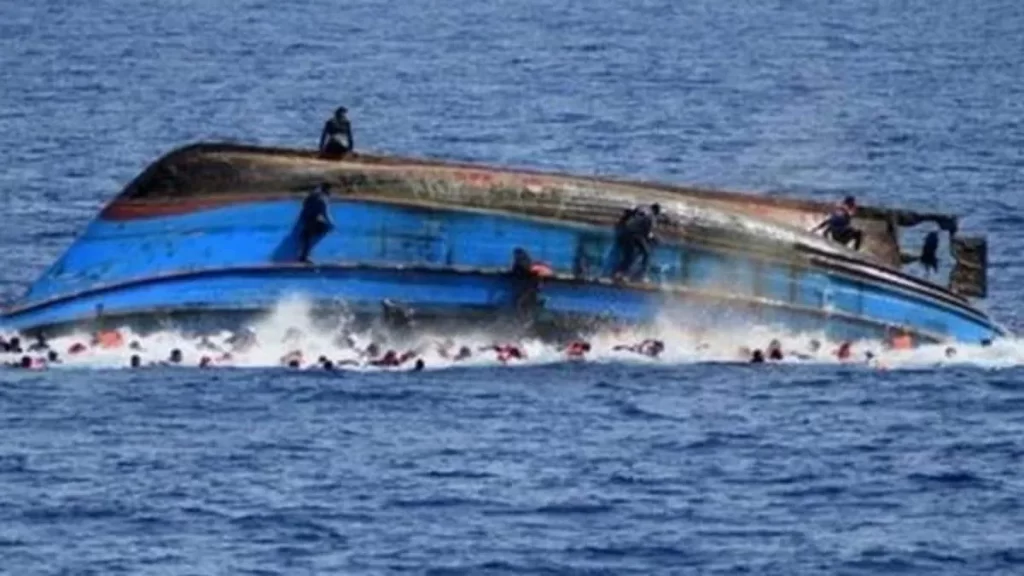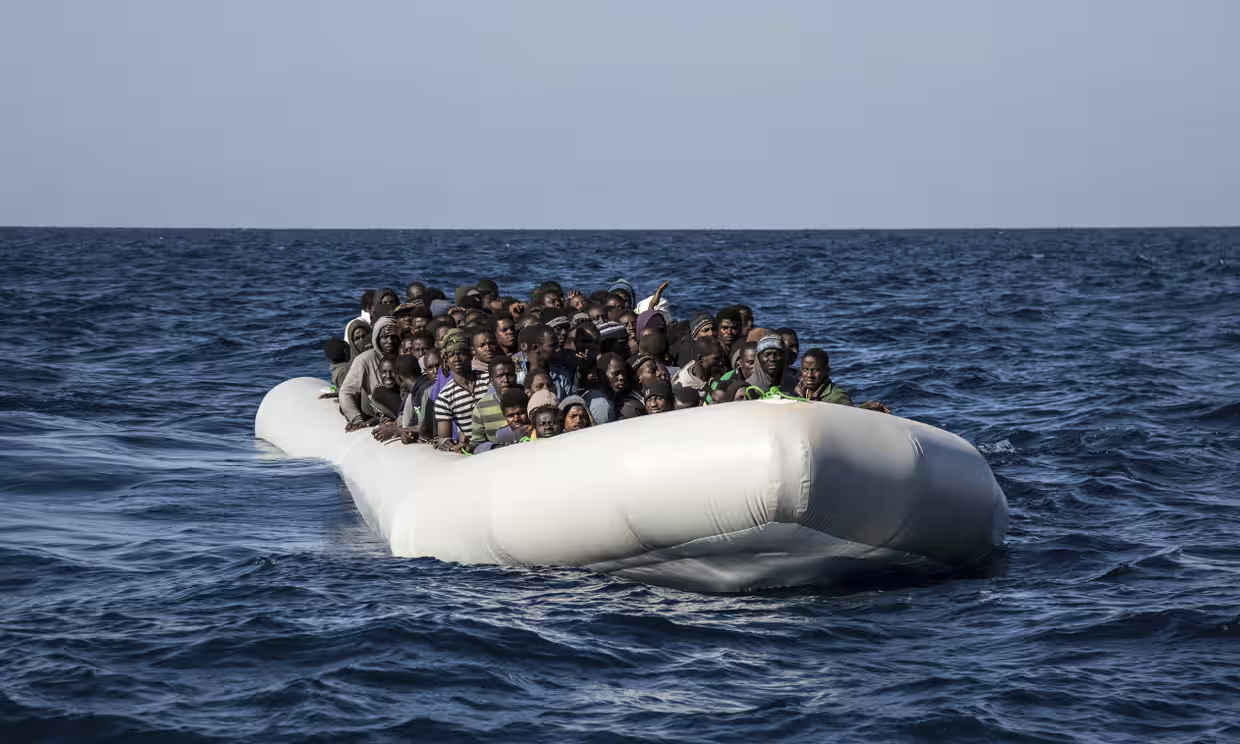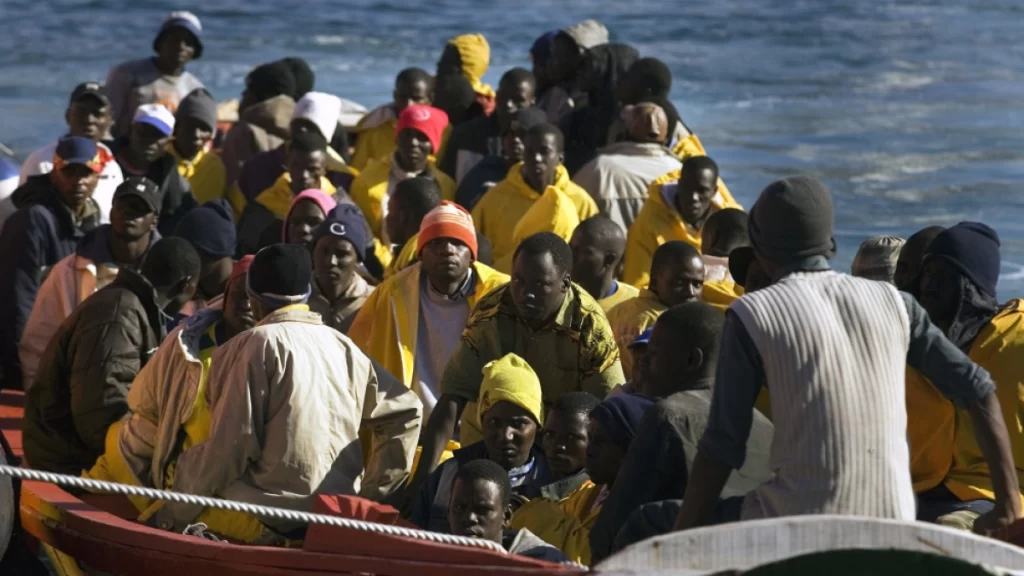A devastating maritime tragedy unfolded off the coast of Mauritania on Monday, resulting in the deaths of at least 89 migrants. The Mauritanian state-run news agency reported on Thursday that a large traditional fishing boat, carrying migrants bound for Europe, capsized in the Atlantic Ocean, approximately 4 kilometers (2.5 miles) from the southwestern city of Ndiago.

The Mauritanian Coast Guard responded to the incident, recovering the bodies of the deceased migrants. In a glimmer of hope amidst the tragedy, nine individuals were rescued, including a 5-year-old girl. These survivors have provided crucial information about the ill-fated journey.
According to survivor accounts, the boat had departed from the Gambia–Senegal border six days prior to the incident. It was reportedly carrying at least 170 migrants, all hoping to reach European shores in search of better opportunities. The significant discrepancy between the number of passengers and the confirmed casualties suggests that many individuals may still be unaccounted for.
This tragic incident sheds light on the extremely dangerous nature of the Atlantic migration route. Thousands of West African migrants attempt these perilous crossings every year, risking their lives on both the Atlantic Ocean and the Mediterranean Sea in hopes of reaching Europe.

A 2024 report by the International Organization for Migration (IOM) emphasizes the particular dangers of the Atlantic crossing. The report states that this route is considered incredibly hazardous due to the extended length of the journey to Europe. Migrants often find themselves stranded at sea for prolonged periods, traveling on inadequate vessels through areas of the Atlantic Ocean that lack dedicated rescue operations.
This disaster is part of a larger pattern of dangerous migration attempts from West Africa to Europe. Economic hardship, political instability, and the search for better opportunities drive many to undertake these risky journeys. The incident highlights the urgent need for addressing the root causes of migration in West African countries and for implementing safer, legal pathways for those seeking to migrate.

As news of this tragedy spreads, it is likely to prompt renewed calls for increased maritime safety measures, improved search and rescue operations in the Atlantic, and more comprehensive approaches to managing migration flows. International organizations and governments may face pressure to enhance cooperation in addressing the complex issues surrounding irregular migration.
The capsizing of this migrant boat off Mauritania’s coast serves as a stark reminder of the human cost of irregular migration. As families mourn their lost loved ones and survivors grapple with the trauma of their experience, this incident underscores the critical need for multilateral efforts to create safer migration alternatives and address the underlying factors driving people to risk their lives on such perilous journeys. The international community must work together to prevent future tragedies and ensure the safety and dignity of migrants seeking a better life.


